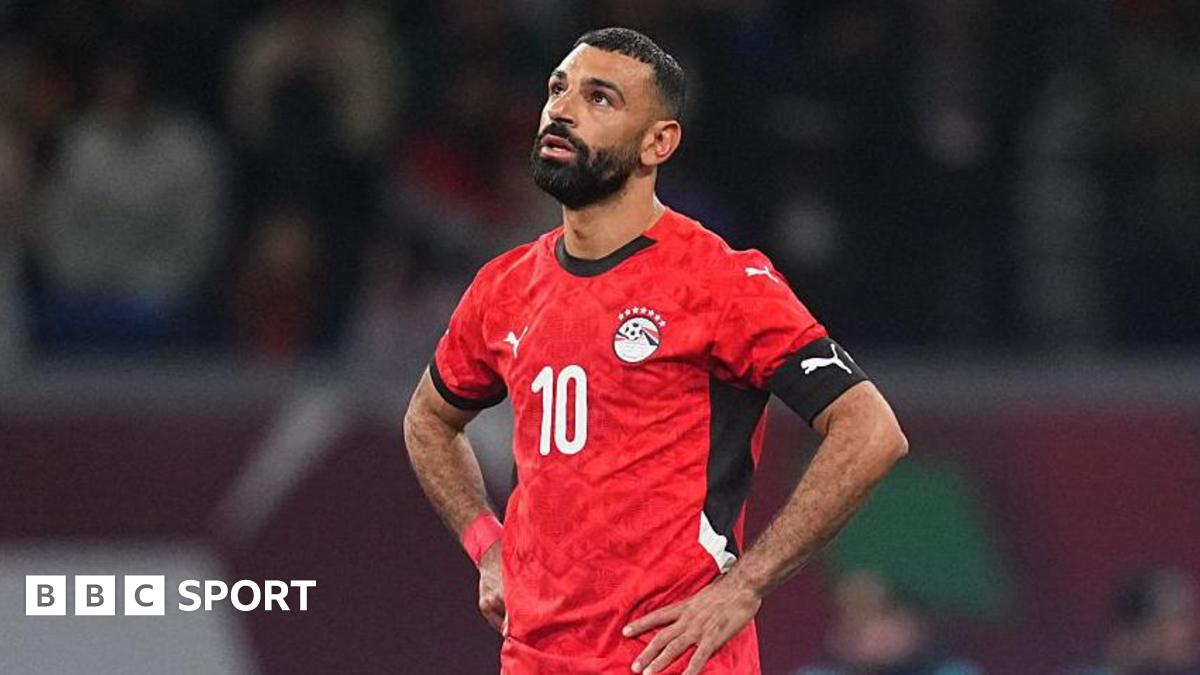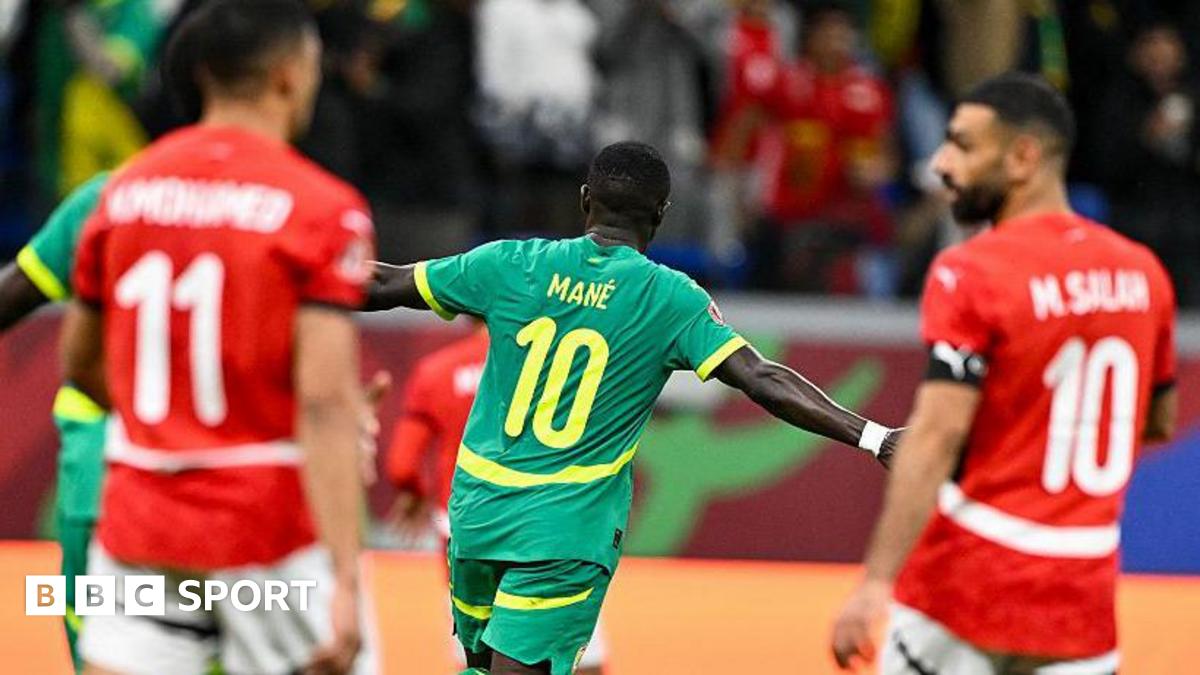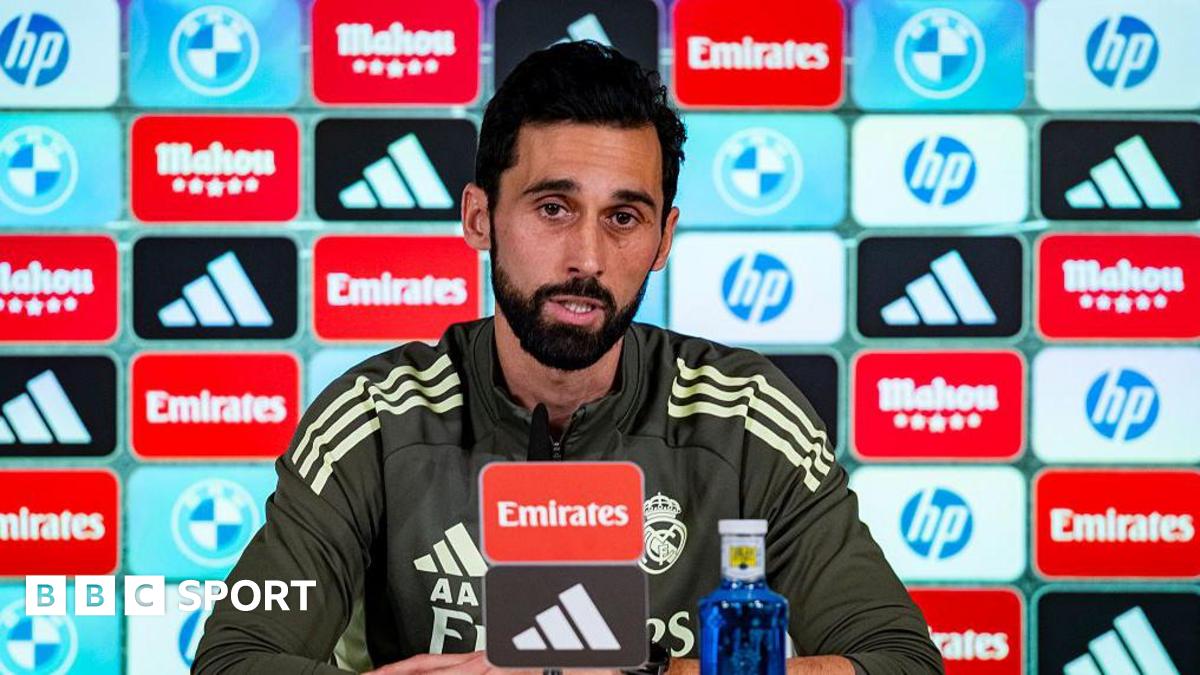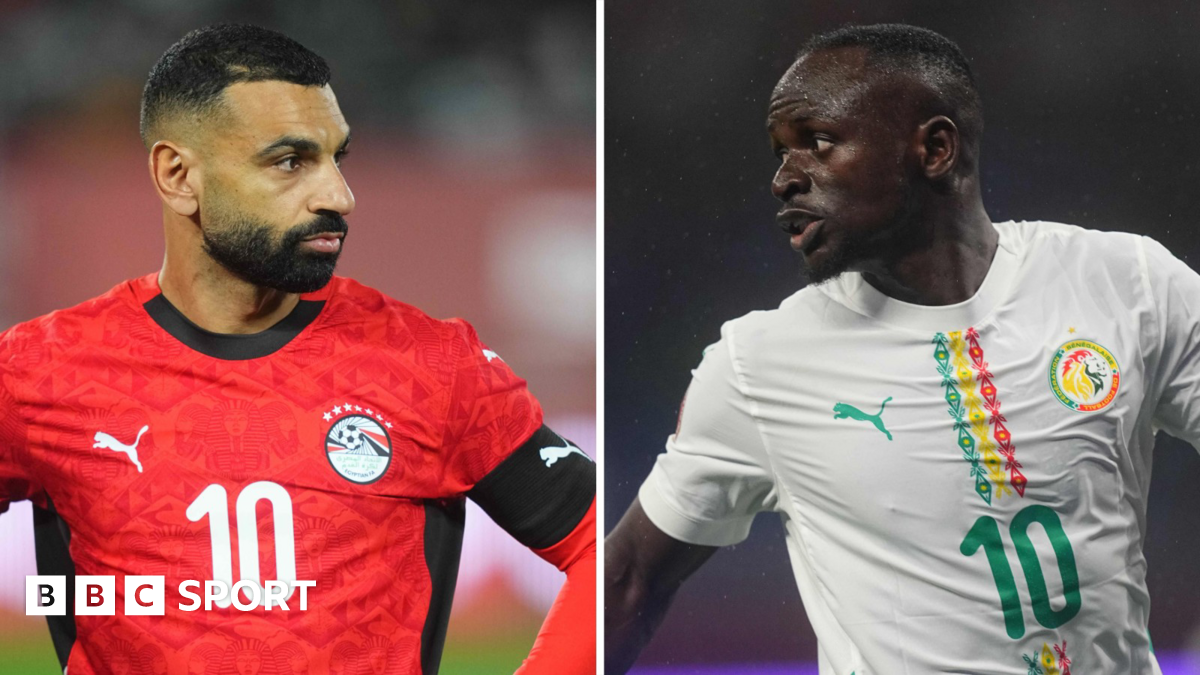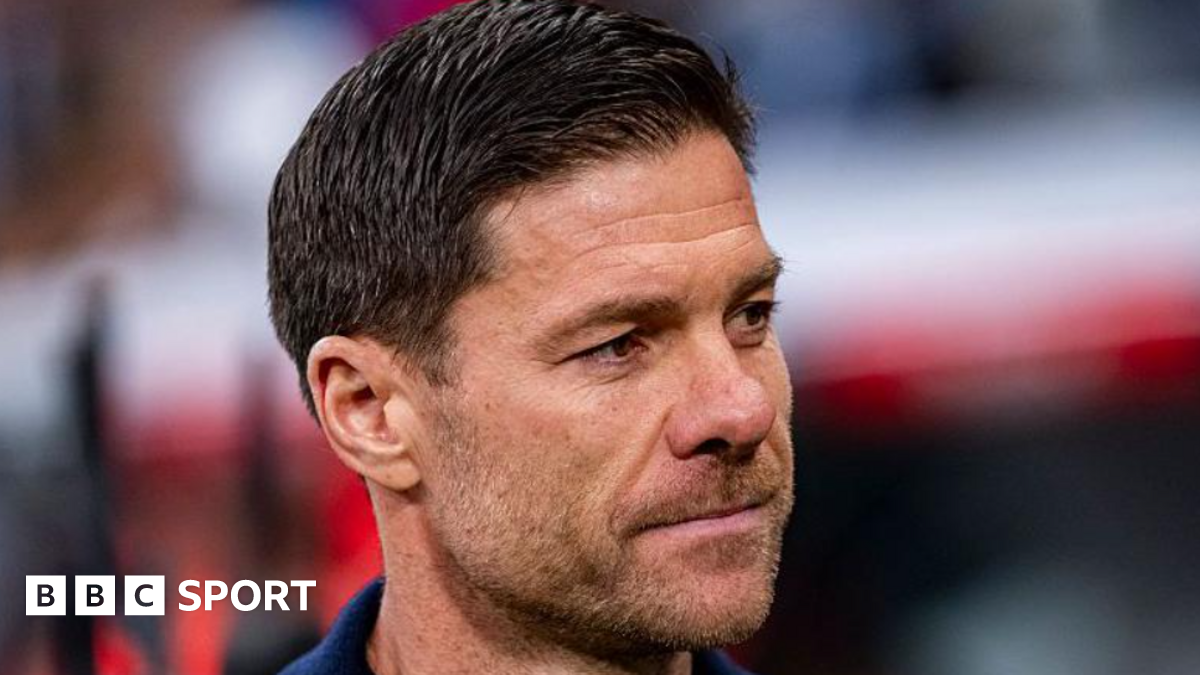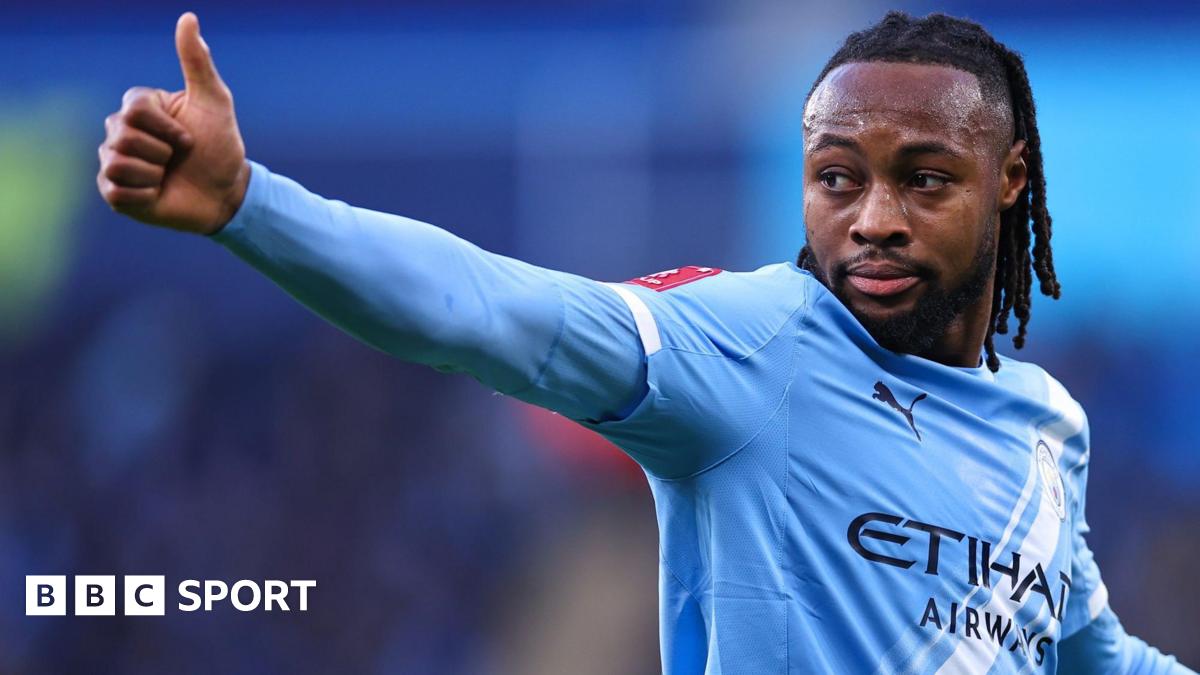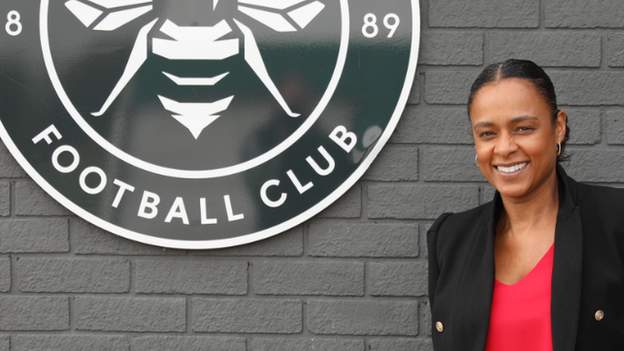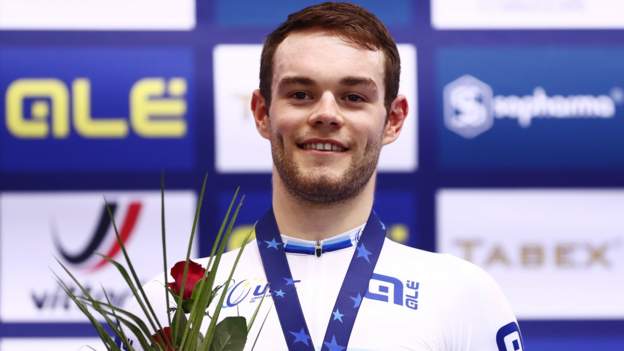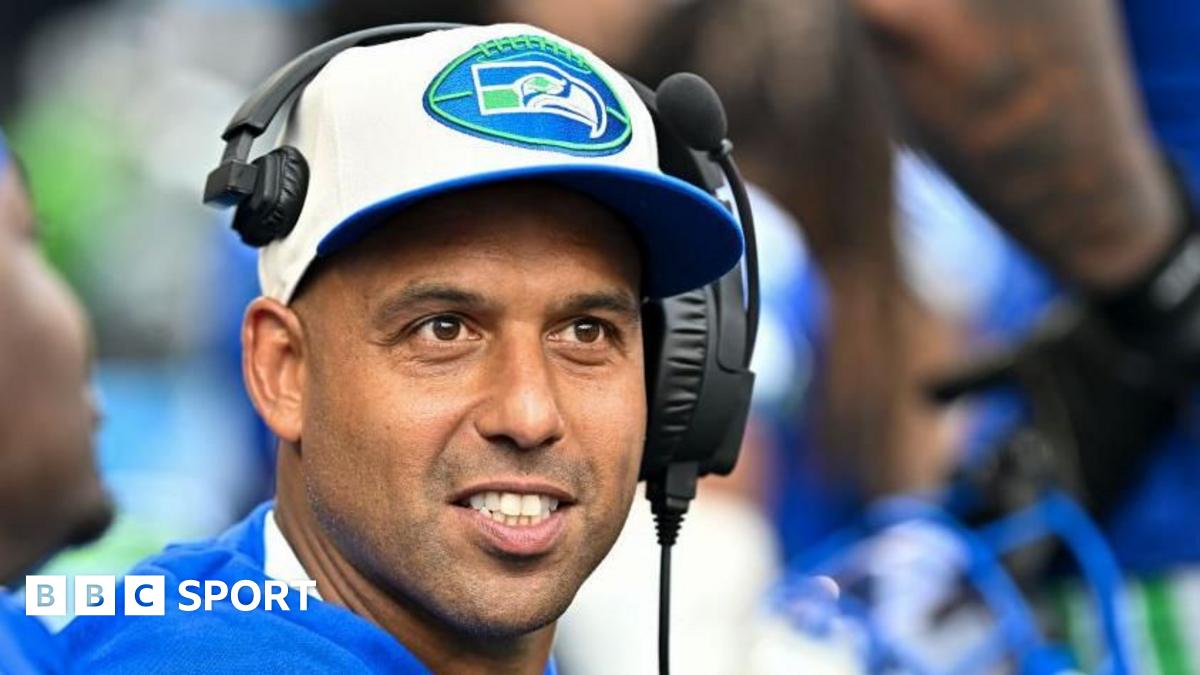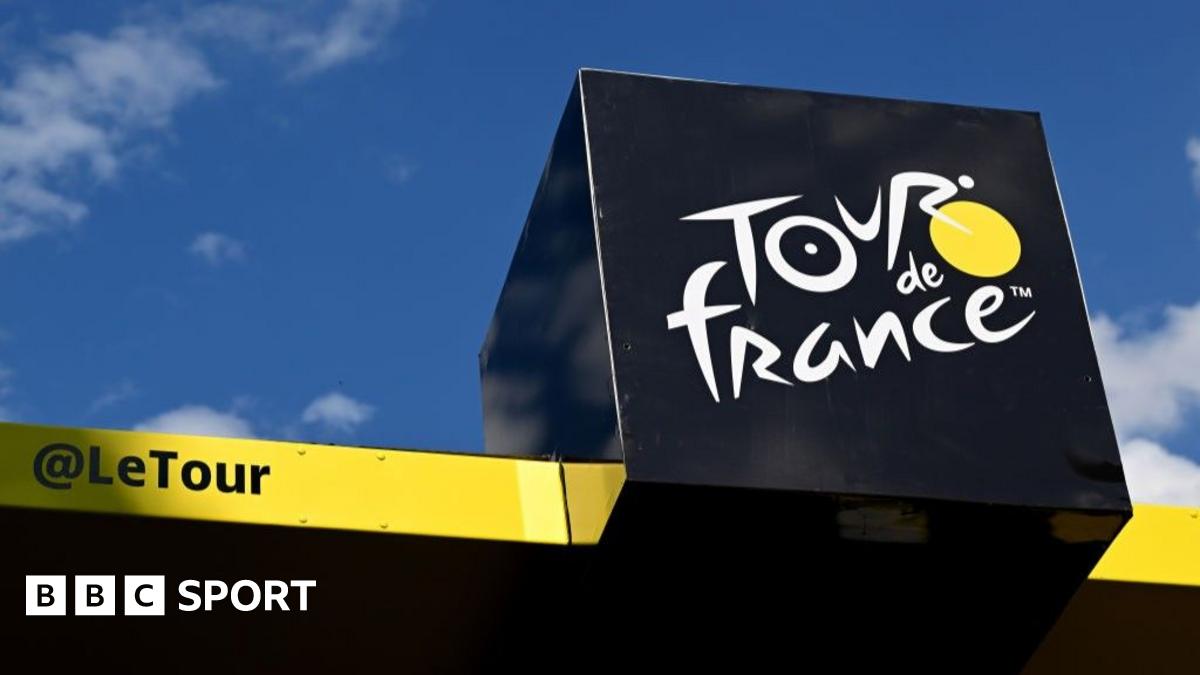Greg Clarke’s “unacceptable” comments on Tuesday led to the Football Association chairman quitting his job and yet more questions about diversity at the top of English football.
But could some of the answers come from Championship side Brentford, who want to become “the most inclusive club in the United Kingdom”?
The west London team are already considered outliers in the way they recruit players to out-perform their bigger-spending rivals.
Their data- and science-led recruitment, instigated by owner Matthew Benham, almost took them to the Premier League last season and they are set to make a profit in excess of £50m from the recent sales of Ollie Watkins and Said Benrahma to Aston Villa and West Ham respectively.
That approach is not limited to their playing staff, however, and could serve as a lesson for other clubs and organisations.
In an industry of executives who are often accused of being “pale, male and stale”, Monique Choudhuri – a leadership, recruitment and inclusion expert – sits on the Brentford board.
And in Lorna Falconer, head of football operations, the club has one of the few black women in a position of power across the men’s professional game.
“We come from the basis that human decision-making is flawed and that we all have bias,” says Choudhuri, who joined Brentford three years ago.
“Because we’re so big at using data to inform our decisions on how we pick players, we started to see if we could use data to challenge our own assumptions in the way we ran the club.
“If you have many people from many different backgrounds around the table you are going to get a better competitive advantage because you’re thinking about things from a different point of view.
“If you’re all the same person, all thinking the same, guess what? You’re going to wake up tomorrow and you’re going to all think the same again.”
‘I find I have to give extra credentials to be taken seriously’
Having a woman on the board is by no means unique. There are 11 female directors among the Premier League’s 20 teams, and five – including Choudhuri – among the Championship’s 24 sides.
At Brentford eight women are in senior positions and 22% of its staff are female.
Falconer, who grew up as a Tottenham supporter and worked at the Football League before she joined Brentford five years ago, is a rarity in men’s football, although she doesn’t like to draw attention to that fact. She would rather just get on with her job.
“I didn’t want to be that person, representing black women,” she says. “But I also felt that if people in the game hadn’t worked with black women before I would probably be representing them to others.
“What I wanted to do was show the industry that a black woman can add as much value as anyone else.”
The value that Choudhuri and Falconer now provide to Brentford has been questioned along the way, with both feeling they have had to work twice as hard to prove themselves.
“People still say really interesting things to me in the boardroom, like ‘what do you do here?'” says Choudhuri. “I’d say ‘I’m a non-exec director of the football club’ and they’d say to me ‘how did you get that job?’
“I’ve never asked a man how he got his job. There’s an assumption either I’m a positive quota or I’ve been brought in because I’m a woman.
“Actually if you ask our chairman why I came onto the board, it was because I had skills the other board members didn’t have.
“I had 24 years of leadership experience at a top level, I’d been a director of a company myself, I’d run staff and budgets of over £50m. I do find I have to give extra credentials in order to be taken seriously, and while it’s not all the time, it still does irritate me.”
‘Being called ‘mum’ undermines my position’
Falconer’s role as head of player operations means she deals with everything from player welfare to kit management, but says she is asked “silly admin questions” or about match tickets, which she believes wouldn’t be asked of her if she was a white male.
At a recent away game, she says she was the only person from her team “continuously checked” by security.
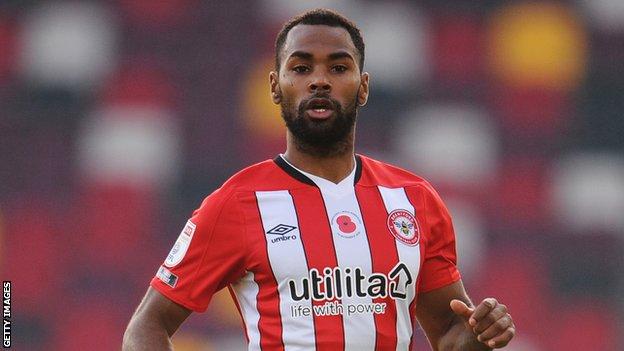
“I understand these people are doing their jobs, and that because they’re not used to seeing somebody like me, they don’t believe I’m in the right place. It’s the small things but it can be quite draining sometimes when you’re trying to just get on and do your job.”
Given her role involves helping new signings integrate into the club, even colleagues can show their biases by referring to her as “mum to the players”.
Falconer says: “That just almost undermines my position immediately. If my own colleagues can say something like that without giving it a second thought, it just puts that thought in the head of others.”
Whatever those biases, Falconer recognises that being a black woman might help when a young player comes into the club and sees somebody that looks like them and who they can “relate to a little bit”.
Left-back Rico Henry, who arrived from Walsall as a 19-year-old in 2016, is one of those to have benefitted from Falconer’s skill-set.
“Lorna helped me with my relocation,” the now 23-year-old says. “It was my first time moving to London and living by myself. She helped me with my apartment and she made me feel welcome.
“I’ve not seen a woman of colour in her position but I wasn’t really surprised. She is well-connected with everyone and if you need anything, she will always try to help.
“She’s good at her job and it would be good to have more women in football in positions like hers, for sure.”
‘We need to keep our voice loud’
Based on this week’s events, it is clear football still has a lot to learn.
Falconer says she knows her voice counts among fellow heads of department at Brentford, and she has allies such as Choudhuri and fellow director Nity Raj in the boardroom.
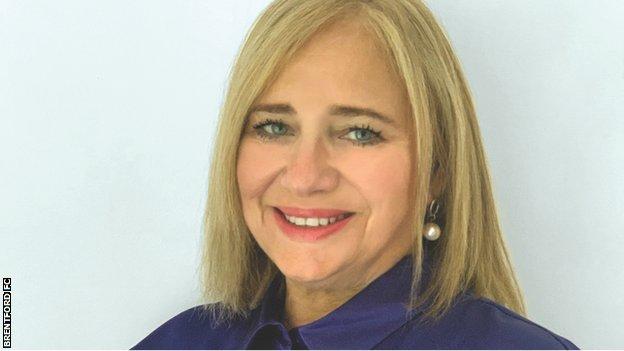
She adds: “There needs to be more training programmes for more white males to understand and value what people from different backgrounds and females can bring to clubs.”
Choudhuri says: “I think the landscape has changed a lot but I think we’re at that pivotal point now as women, and as women with intersecting backgrounds.
“We have to keep our voice loud on a certain level, so that people understand that we’re women with talent, women with things to do, that are really useful to the world of football regardless of whether we’re women, or whether we’re white or black or Indian, for example.
“There’s so much more to do, but I wouldn’t want to be anywhere else. Brentford are possibly ahead of the pack. We definitely want to be the most inclusive club in the UK and there’s a number of initiatives we’re taking in order to do that.
“There is nothing in your DNA to say that if you’re born male, you are therefore better at running a football club. I just think it’s mindset which stops people changing. You need organisations and allies to push women higher up the agenda and celebrate the success stories.”




